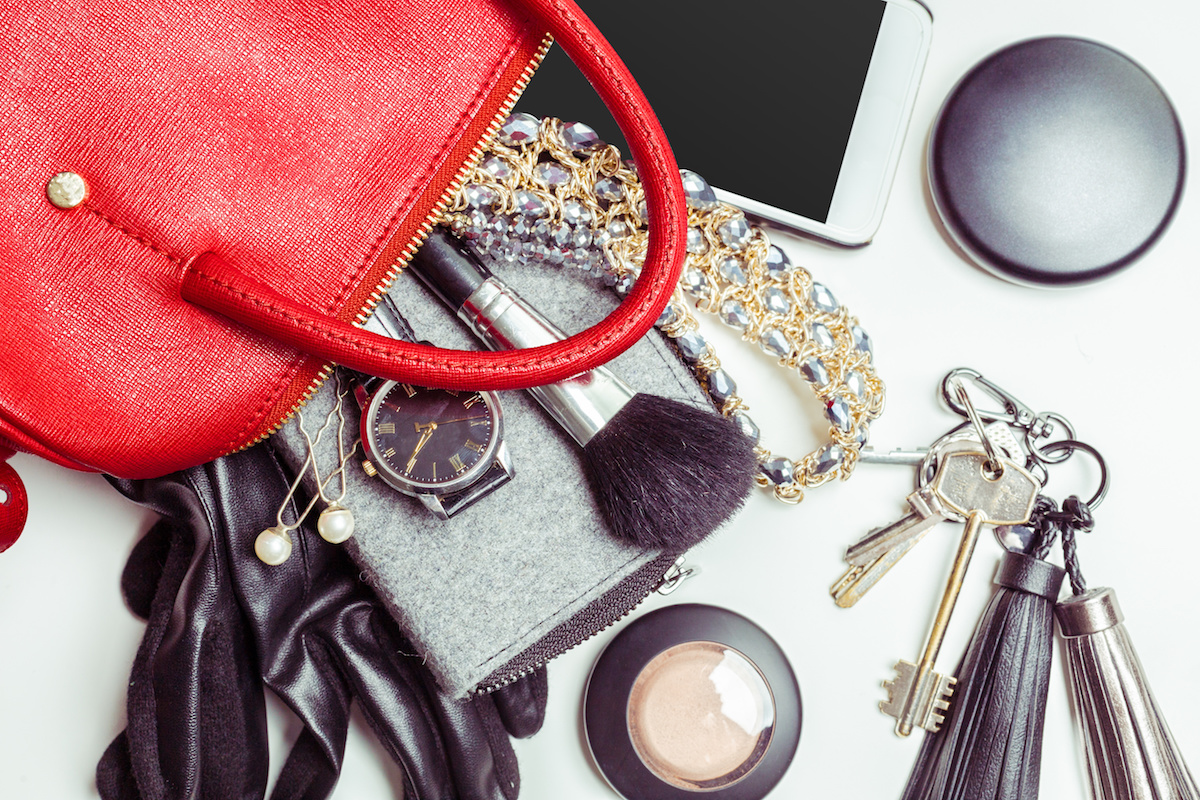 When getting ready with a friend to go out for the night, you may be tempted to borrow some of her makeup. Or maybe you’re staying with your sister and you’re curious about the new moisturizer she has on her bathroom counter that she’s been raving about. Take the time to consider a few things before you slather it on. You may be sharing more than just cosmetics, you may be sharing germs.
When getting ready with a friend to go out for the night, you may be tempted to borrow some of her makeup. Or maybe you’re staying with your sister and you’re curious about the new moisturizer she has on her bathroom counter that she’s been raving about. Take the time to consider a few things before you slather it on. You may be sharing more than just cosmetics, you may be sharing germs.
Prevent cosmetic contamination
According to the Food and Drug Administration (FDA), “cosmetics can become harmful to consumers if they are contaminated with harmful bacteria.” It’s important to note that cosmetic companies are required to ensure the safety of the products they produce including microbial safety. Although preservative-free cosmetics might sound great, dermatologists tell their patients that 100% preservative free labeling should be a red flag. Cosmetics contain preservative systems to thwart off bacterial growth and are necessary to keep products safe. But even under the best of circumstances, problems can arise after cosmetics are purchased and contamination may occur with routine use.
Here are some tips from the FDA to help you prevent cosmetic contamination.
- Avoid adding water or saliva to cosmetics as this increases the risk of bacterial contamination. Water dilutes the preservatives that are intended to prevent bacteria from growing.
- Store cosmetics in a cool dry place in your bathroom. When cosmetics get too warm, preservatives may break down causing bacteria to grow faster.
- It’s important to wash your hands thoroughly before dipping into a jar of cosmetics. This will minimize the risk of bacterial contamination and reduce the chances of spreading infection.
- Keep vigilant about safety alerts and recalls. Microbial contamination is a common reason for cosmetic recalls.
Facial Brushes may not be as clean as they seem
Sharing makeup brushes is a sure way to put yourself at risk for infection. These brushes collect surface oils and dead skin cells that harbor harmful bacteria. It has been shown that infections such as Staph can be spread by sharing makeup brushes. Dirty brushes can also cause breakouts. Dermatologists recommend cleaning your brushes with warm soapy water at least once weekly to prevent contamination. Start by wetting your brushes with lukewarm water, then apply a couple of drops of makeup brush cleanser or liquid soap into the palm of your hand. Gently massage the tips of the brushes for 2-3 minutes and rinse with clean water. Make sure to squeeze out the excess water, reshape the brush and allow your brushes to air dry completely before using.
Eye cosmetics require more caution than meets the eye
According to the FDA, eye cosmetics are required to follow the same safety requirements as facial cosmetics. Most eye cosmetics are safe when purchased but can become contaminated with fungi or bacterial after they are opened. Using a contaminated eye product can cause an infection that can spread from eye to eye by way of the wand or applicator. Store testers are particularly problematic as they are easily contaminated. If you want to try an eye product at the makeup counter, be sure to apply it with a single use cotton tip applicator and discard after use. Avoid sharing eye products with friends as this may put you at risk for conjunctivitis which is highly contagious. And finally, we all do it but try to avoid the temptation to apply your eye makeup or mascara in the car. A bumpy ride or quick stop can cause an eye injury or corneal abrasion.
Interested in more information on skincare and makeup? Contact us today!
